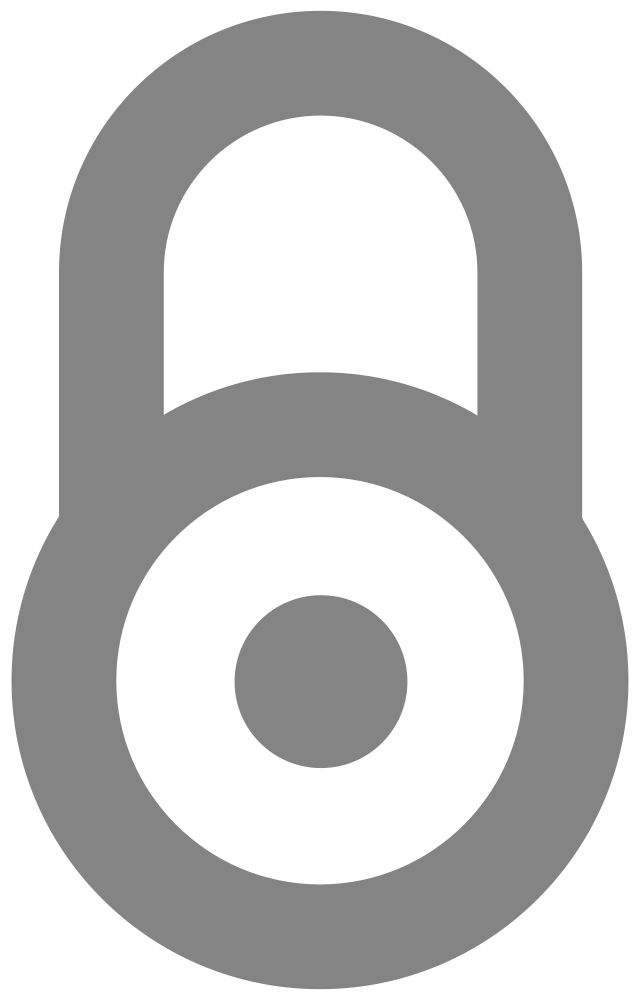| Abstract |
Active center metal type and its coordination environment are the core to design N-doped graphene anchored diatomic catalysts (DACs). This work considers twenty-one types of diatomic center and three types of coordination environment, a total of sixty-three DACs were constructed to unravel the roles of diatomic type and coordination environment in tuning C2H2 semi-hydrogenation performance. CoCu@N6V4-П, CoPd@N6V4-П, CoNi@N6V4-П and CoPt@N6V4-П DACs are obtained to have superior C2H4 selectivity, formation activity, and excellent stability, attributing to high Bader charge transfer amount and moderate d-band center. Compared to Co-N3C SAC with poor C2H4 selectivity, introducing the second metal Cu, Pd, Ni or Pt can obviously improve C2H4 selectivity and keep high C2H4 formation activity. The established descriptor φ over DACs can better describe C2H4 selectivity. This study is desired to provide theoretical basis for optimizing DACs with excellent performance towards C2H2 semi-hydrogenation by tuning diatomic metal type and its coordination environment. |
| Authors |
Xuebai Lan , Mifeng Xue , Qianqian Wang  , Maohong Fan , Maohong Fan   , Riguang Zhang , Riguang Zhang 
|
| Journal Info |
Elsevier BV | Applied Surface Science , vol: 641
, pages: 158413 - 158413
|
| Publication Date |
9/20/2023 |
| ISSN |
0169-4332 |
Type |
article |
| Open Access |
closed

|
| DOI |
https://doi.org/10.1016/j.apsusc.2023.158413 |
Keywords |
Metal-Support Interactions (Score: 0.560386) , Supported Catalysts (Score: 0.506436)
|